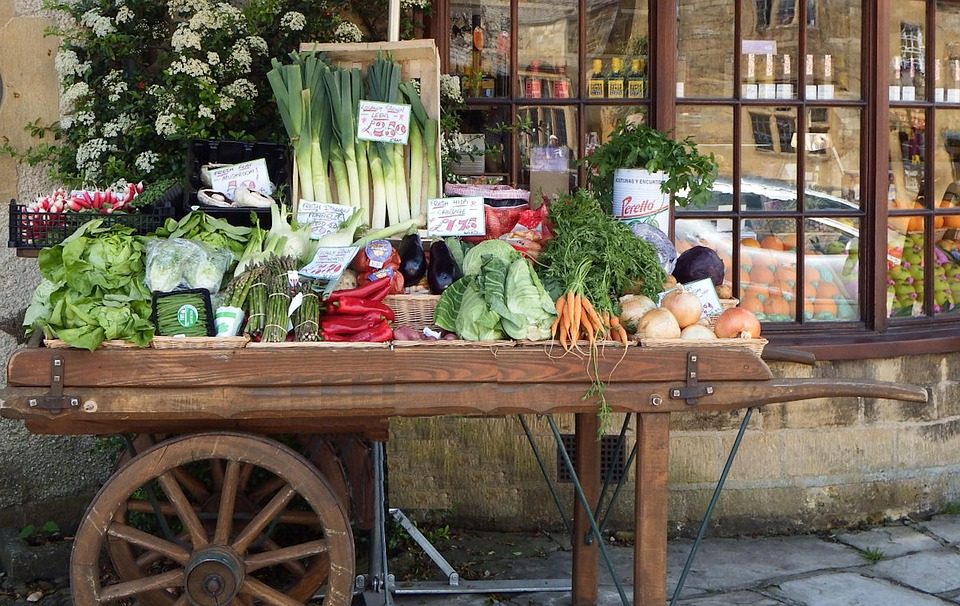The State of the Global Grocery Retail Industry in 2025
In 2025, the grocery retail industry is experiencing significant growth and transformation. With the rise of e-commerce and changing consumer preferences, grocery retailers are adapting to stay competitive. One trend that has emerged in recent years is the expansion of private label product lines by grocery retailers. This report will explore how grocery retail companies are expanding their private label product lines to meet consumer demand and increase profitability.
Market Overview
The global grocery retail industry is a multi-trillion-dollar market that is highly competitive. In 2025, the industry is projected to continue growing at a steady pace, driven by factors such as population growth, urbanization, and rising disposable incomes. E-commerce is also playing a significant role in the industry’s growth, with online grocery sales expected to increase substantially in the coming years.
Financial Data
According to recent financial reports, grocery retailers are seeing strong sales growth in their private label product lines. For example, Company A reported a 15% increase in private label sales compared to the previous year, contributing to a 5% overall increase in revenue. Company B also experienced similar growth, with a 10% increase in private label sales driving a 3% increase in total revenue.
Market Share
Private label products are gaining market share in the grocery retail industry, with consumers increasingly turning to these products for quality and value. In 2025, private label products account for 25% of total grocery sales, up from 20% in 2020. This trend is expected to continue as grocery retailers invest in expanding their private label product lines.
Expansion Strategies
Grocery retailers are implementing various strategies to expand their private label product lines and differentiate themselves from competitors. One common strategy is to partner with food manufacturers to develop unique and high-quality private label products. For example, Company C has collaborated with a top-tier food manufacturer to create a line of gourmet private label sauces that have been well-received by consumers.
Volume Growth
As grocery retailers expand their private label product lines, they are seeing significant growth in sales volumes. Company D, for instance, has seen a 20% increase in the volume of private label products sold in the past year, driven by new product launches and effective marketing campaigns. This increase in volume has led to higher overall profitability for the company.
Future Plans
Looking ahead, grocery retailers are planning to further expand their private label product lines to meet evolving consumer preferences and drive growth. Company E, for example, is investing in research and development to create innovative private label products that cater to health-conscious consumers. Additionally, Company F is exploring partnerships with local farmers and producers to source high-quality ingredients for their private label products.
Conclusion
In conclusion, the expansion of private label product lines is a key strategy for grocery retailers to stay competitive in the evolving market landscape. By investing in product development, marketing, and partnerships, grocery retailers can drive sales growth, increase market share, and enhance profitability. As consumer demand for quality and value continues to grow, private label products are poised to play a significant role in the future of the grocery retail industry.
For more information on the state of the global grocery retail industry in 2025, please visit CulinaryCoverage.com.



